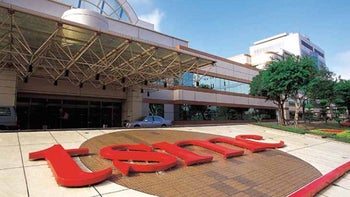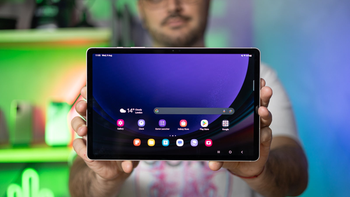Apple supplier's bullish forecast hints at end to smartphone industry's losing streak

Many companies that design their own chips including Apple, Huawei and Qualcomm are known as fabless chip makers. No, it doesn't mean that their chips aren't fabulous. It only indicates that they do not own the facilities required to manufacture their chips, known in the industry as "fabs" or fabrication plants. A company that manufactures chips using other firm's designs is known as a foundry. Taiwan Semiconductor Manufacturing Company (TSMC) happens to be the largest independent foundry in the world.
As a result, there is a strong connection between the state of TSMC's business and the near term future of the smartphone industry. If phone manufacturers expect business to be brisk, they will order more chips. Eventually, this demand works through the pipeline to TSMC. According to Digitimes, late last week TSMC said that it expects third-quarter revenue to hit $9.1 billion to $9.2 billion for the three months ended in September. That would be a strong sequential 18% gain from the second quarter. Operating margins will climb to a range of 35% to 37%.
The company expects it's capital expenditures to be in the range of $10 billion to $11 billion this year as the foundry expands its capacity for the production of chips using the 7nm process. It also is spending money to develop the 5nm process that will be used to manufacture chips as soon as next year. The lower the process number, the more transistors that fit inside a chip. So a 5nm chip is more powerful and consumes less energy than a 7nm chip, which in turn is more powerful and gobbles less energy than a 10nm chip. To put this in perspective, the Apple A4 chipset used on 2010's iPhone 4 was manufactured using the 45nm process.
TSMC's Q2 net profits declined 7.6% year-over-year but showed an 8.7% improvement from the first quarter of this year. This also could be a positive sign indicating that the smartphone market is about to turn the corner. Last year, global smartphone shipments declined 4% from 2017's total with the handset deliveries in each quarter lower than the shipments made during the same quarter in the preceding year. And shipments declined a further 6.6% in the first quarter of this year. Overall, smartphone shipments have declined on an annual basis for six consecutive quarters.










![Some T-Mobile customers can track real-time location of other users and random kids without permission [UPDATED]](https://m-cdn.phonearena.com/images/article/169135-wide-two_350/Some-T-Mobile-customers-can-track-real-time-location-of-other-users-and-random-kids-without-permission-UPDATED.jpg)


Things that are NOT allowed: